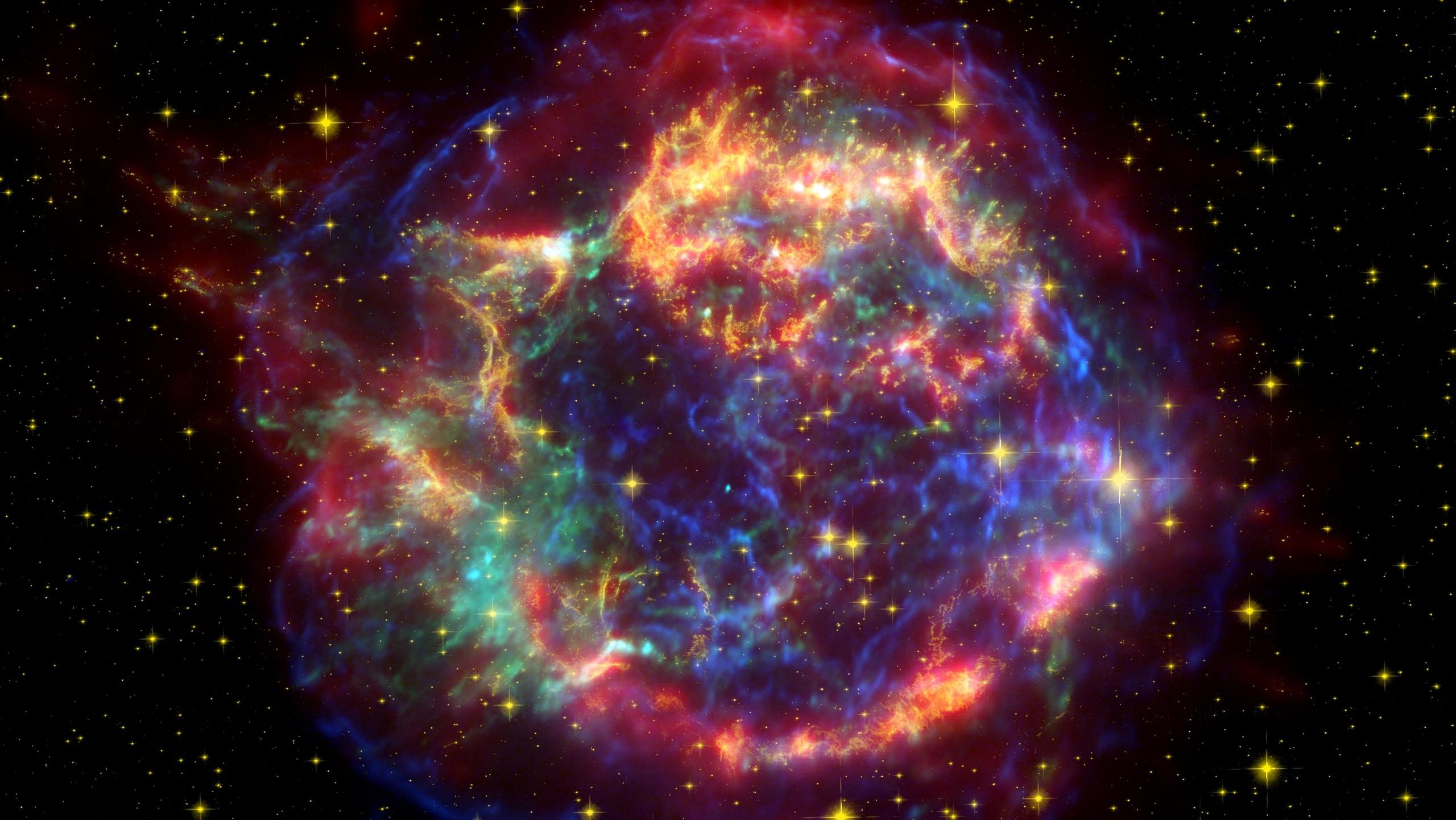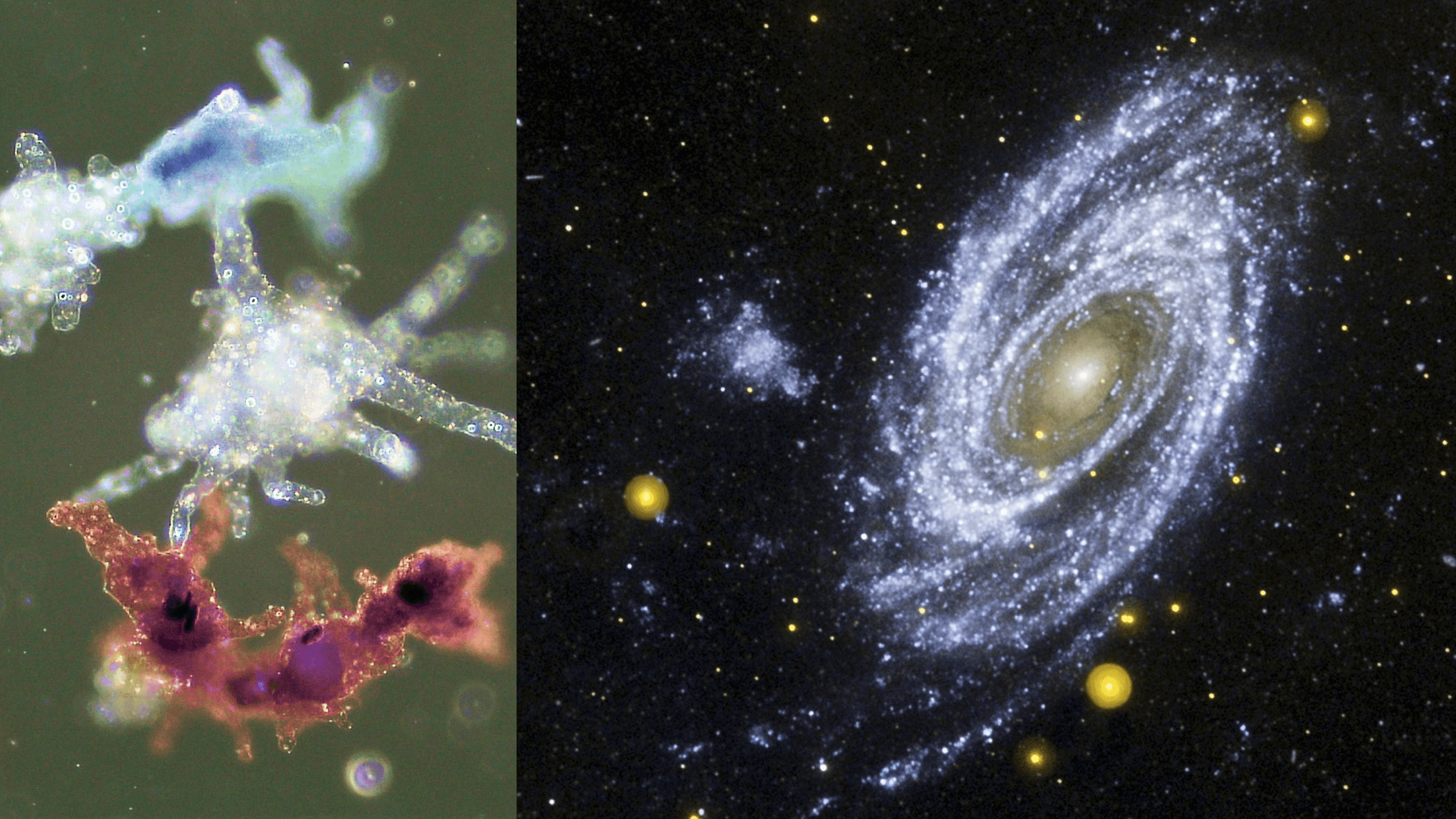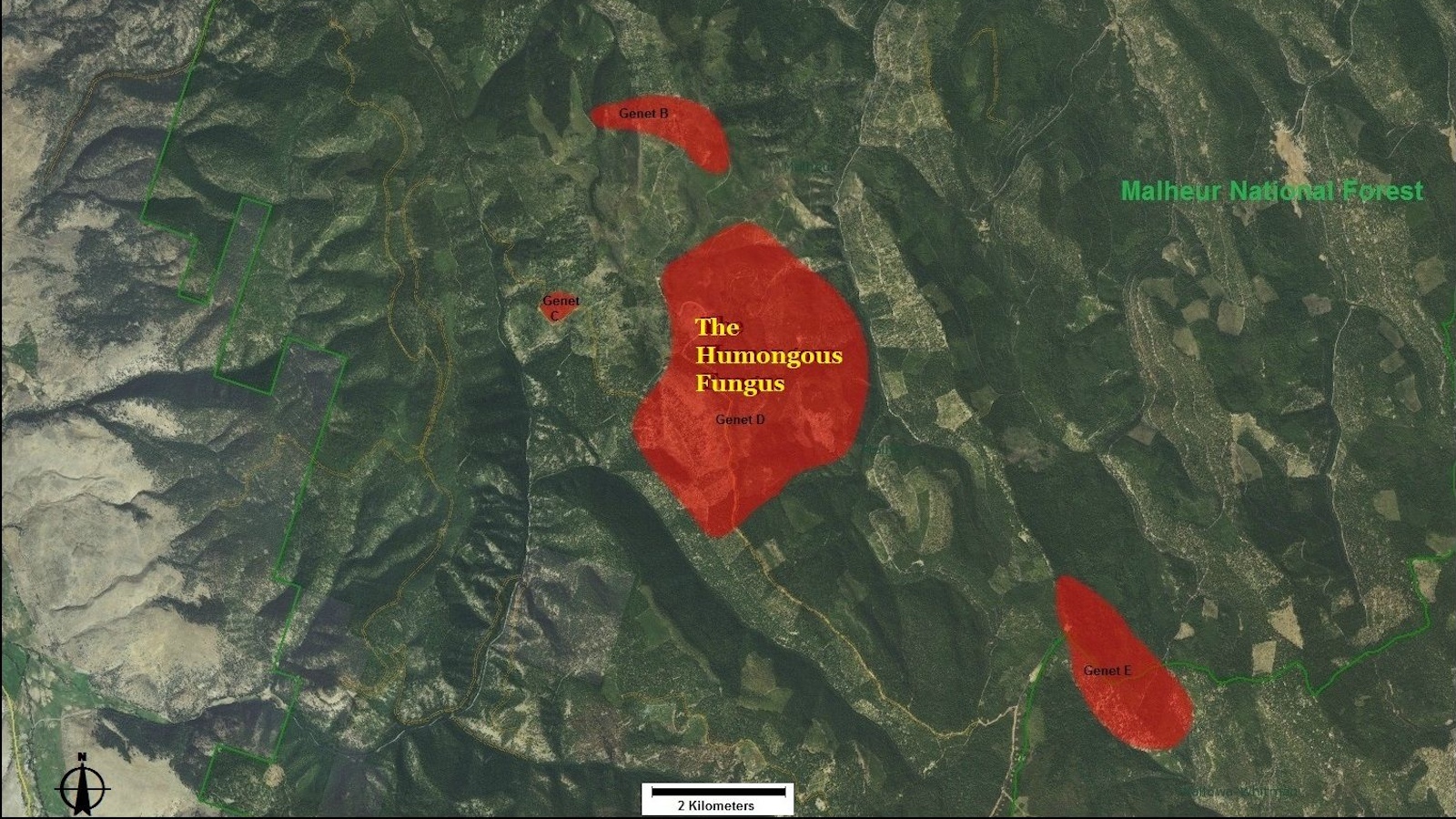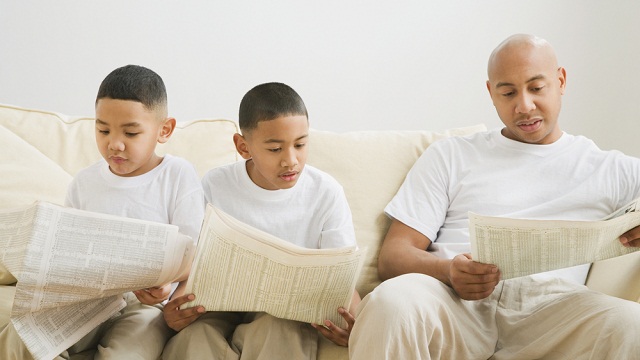This Is Your Brain in the Cloud

What’s the Big Idea?
In his new book, How To Create a Mind, Ray Kurzweil looks at the “pattern recognition” theory of the human mind, arguing that all higher-order thinking is based on a consistent pattern-recognition algorithm.
“The neocortex is a metaphor machine,” Kurzweil tells Big Think. “That’s why humans are creative.” The difference, for instance, between humans and other primates is we have a large neocortex. Our big forehead “was an enabling factor that permitted the evolution of language and technology and art and science.”
So can computers replicate this high level of human intelligence? Can a computer make a joke? Recognize beauty? Write a poem? Fall in love? If high level brain activity can be replicated computers would not necessarily be replacing human agents, but would expand our own cognitive abilities further, Kurzweil says.
“We are going to create synthetic neocortexes,” Kurzweil assures us, and “we’ll be able to extend that and think in the cloud.”
Watch the video here:
What’s the Significance?
We’re going to put gateways to the cloud in our brains and have more than 300 million, just like the cloud can give you a thousand or a million computers for a tenth of a second. You need another billion pattern recognizers, you’ll be able to access that in the cloud.
Image courtesy of Shutterstock





